Saving the planet from marine pollution thanks to collaboration with local communities and sea professionals. The successful model of the start-up Ogyre.
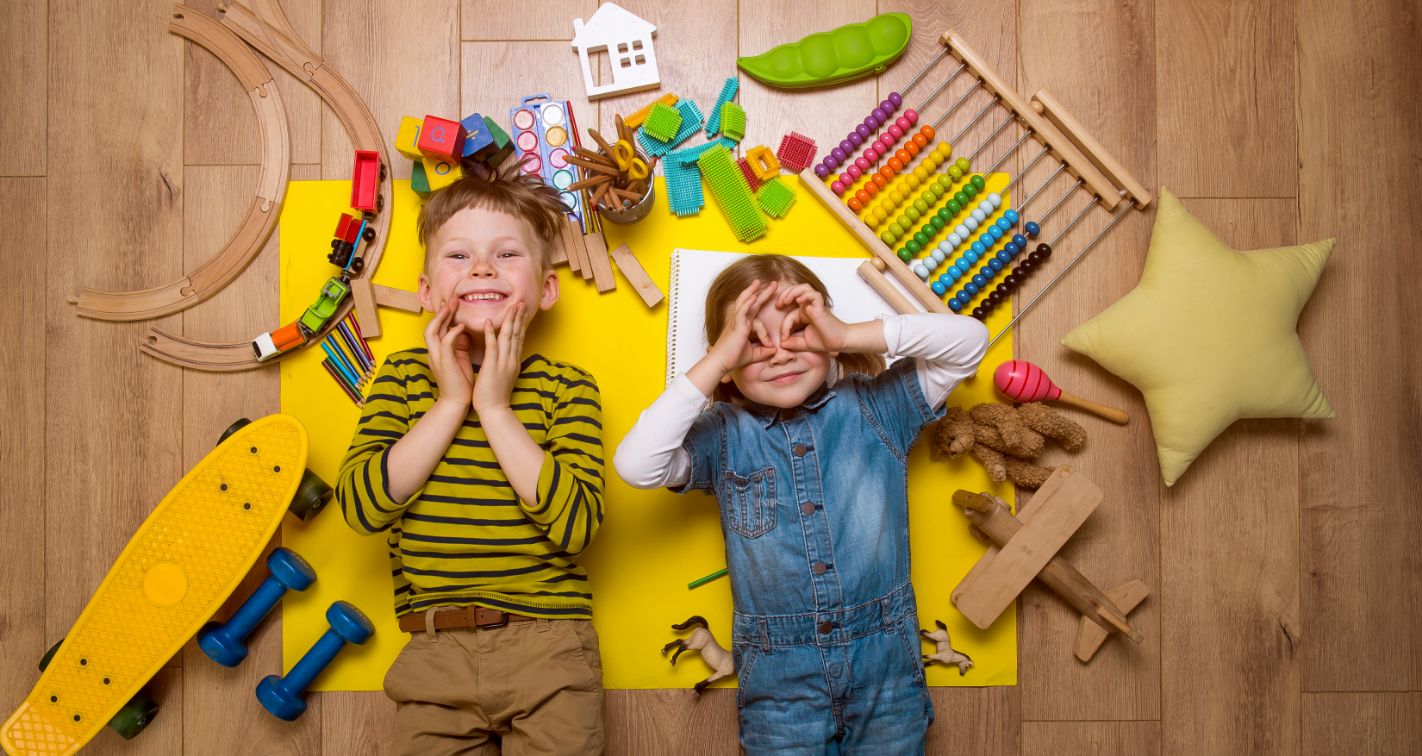
(M. Montessori, To Educate the Human Potential, 1970)
"It is the child who makes the man,
and no man exists who was not made by the child he once was."
(M. Montessori, The Absorbent Mind, 1952)
The solidarity that unites human beings in time and space recognises interdependence as a universal rule of life on Earth.
The unified vision of "Kosmos" - understood as order and harmony - guides Montessori to identify a cosmic task for every living being, which is very much in contrast to utilitarian individual satisfaction: the ultimate purpose is the creation of a world of peace, conscious of the sense of reciprocal gratitude that comes from this.
It is the story of anti-heroes, of ordinary men, who weave the threads of tomorrow.
Cosmic education considers all the aspects of a person as a whole, and involves the second level of development, which is aimed at children from 6 to 11 years old. At the same time, it captures Montessori's view of the world, her vision of life. Interdependence and relationships become fundamental, making the cosmic an interrelation between various disciplines, because the complexity and development of humans cannot be separated from what surrounds them.
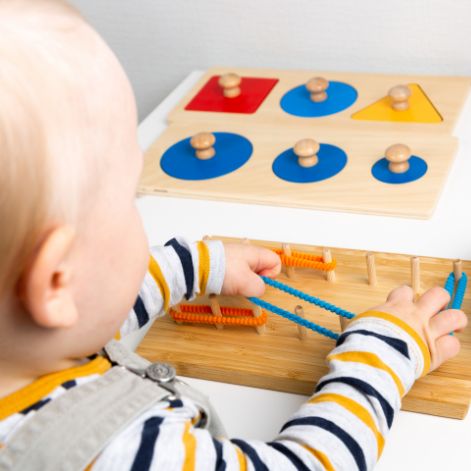
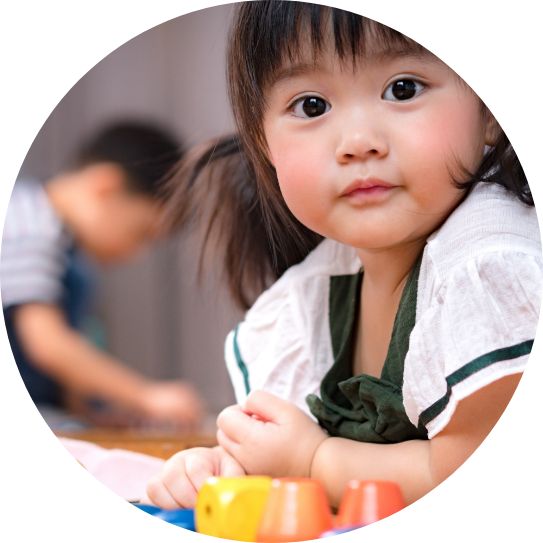
"The harmony of nature is achieved through the efforts of living beings, each of which performs its own task designed to build and maintain sustainable communities."
(M. Montessori, The Absorbent Mind, 1952)
Having a cosmic vision means reflecting on the concept of an environment that responds to the needs of man, an environment that is a complex set of phenomena that change over time and are dictated by physical, chemical, biological, sociological laws... Humans are part of this environment, and become active subjects in it, the only ones with the awareness of their own actions.
In the cosmic plan, all elements, consciously or unconsciously, have a task: we must get children involved in order for them to be able to pursue the science of peace and respect life in all its forms.
"... this is the very period in which the seeds of everything can be sown, because the child's mind is like a fertile field, ready to receive what will later germinate as culture."
(M. Montessori, To Educate the Human Potential, 1970, ed. Garzanti)
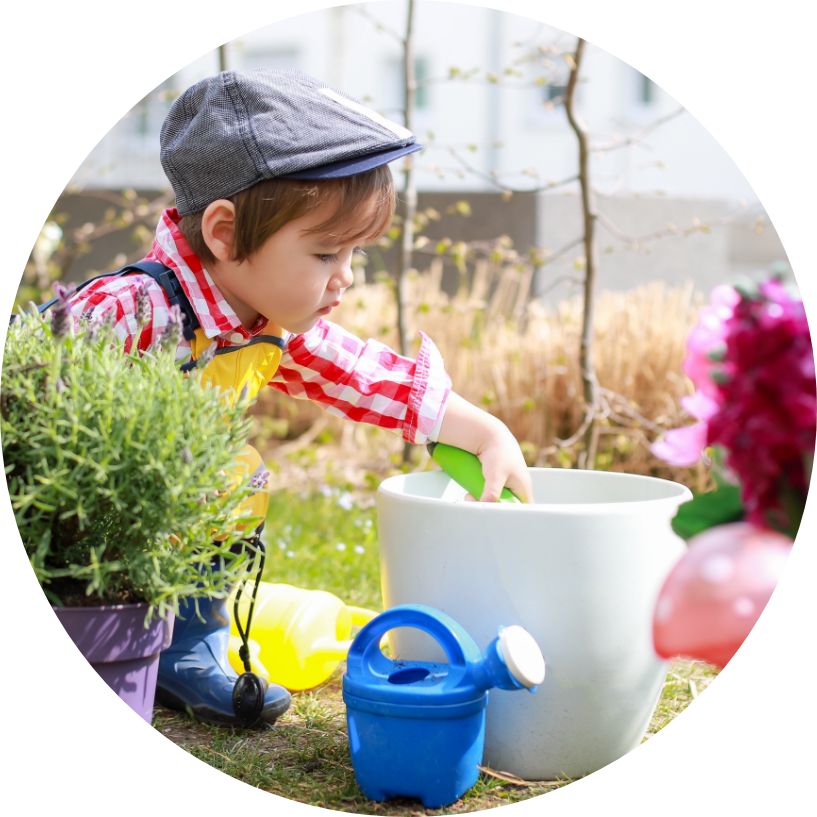
The Montessori educational project extends this sense of gratitude to the whole world - living and non-living beings - in an environment where children are protagonists who contribute with responsibility to everyone's destiny.
This is where we see the concept of society through cohesion, which comes about thanks to cooperation. Children become aware that their actions cause balance and imbalance, and they begin to develop their adult roles in the world to come.
The needs chart and stages of progress make it clear what humans need to live, and what steps we have taken to reach our current society: throughout history, material and spiritual needs have changed based on the environment and resources, sometimes with explosive consequences.
On the occasion of the Milan Universal Exposition - Expo in 2015, the theme "Nourish the planet, energy for life" led to a joint project that brought together many different Montessori organisations, starting with our dietary needs.
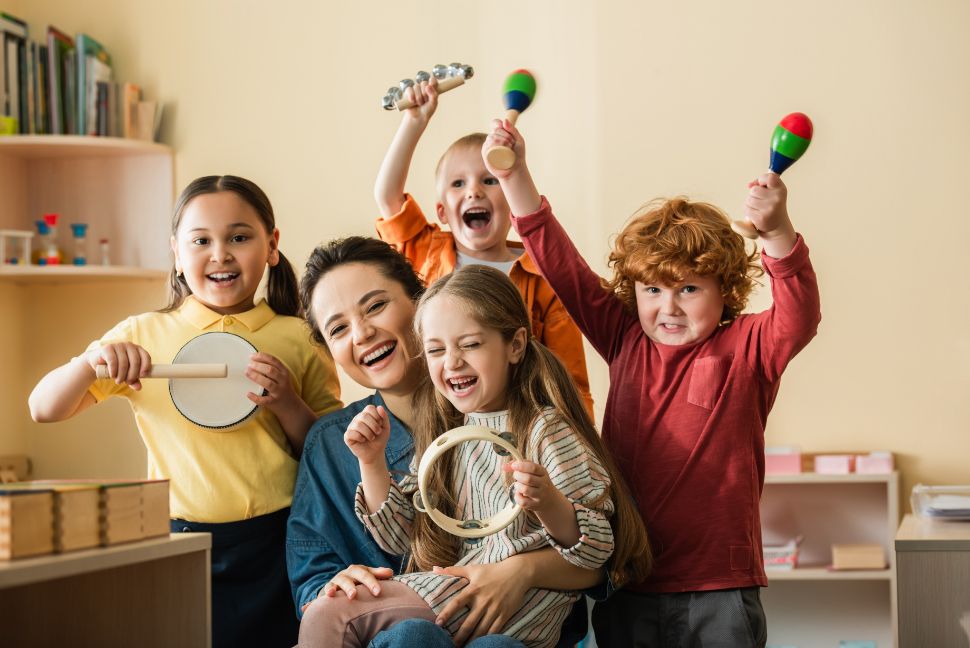
Cosmic stories, impressionistic charts and concrete experiments support the principle that every element, living or not, contributes to the order of existence.
Free to follow their instincts with respect for the rules dictated by the environment, pupils approach the workday taking on tasks that are not exclusively related to didactic learning. For the good of everyone, tasks are carried out for the management of the space: for example, tidying the classroom, cleaning educational materials, setting up, sweeping, using shared objects with the knowledge that a classmate may use it later.
Consideration for others, understood as peers of different ages, can be seen through caring acts to support those who most need it. Understanding their own emotions, verbalising their state of mind, learning to manage conflict because they are aware that they belong to a community. A bullying prevention project shifts attention towards others, which are considered as different but the same at the same time, in order to become a resource.
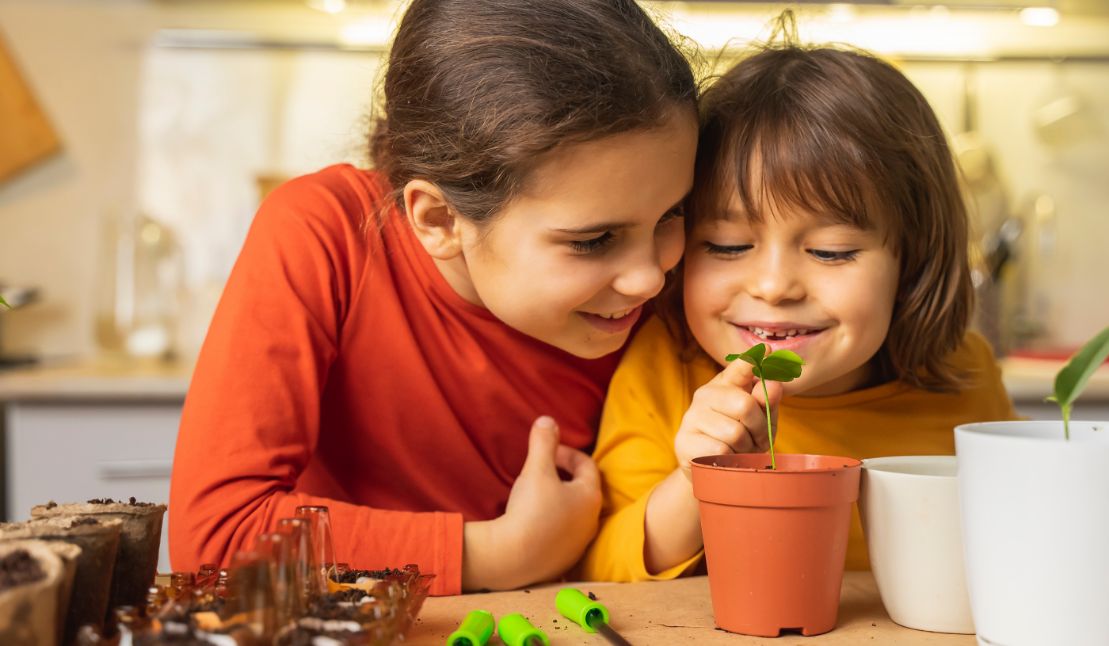
Older children help younger ones through twinning: fifth years support first year children, both during work time and during play time.
Promotion of diversity is reinforced through experiences connected to Erasmus, projects that explore regional or European typical foods, and correspondence in English with transalpine schools.
This is how good practices become well-established habits: holding out your hand when you greet someone and gestures of courtesy in general, separating waste, using recycled materials, eating with ceramic plates and not disposable ones, taking care of animals and plants.
All this is combined with experiences in the territory: getting to know the neighbourhood, "near and far", educational farms, botanic gardens, residential trips, visits to museums or exhibitions.
Getting children involved in the importance of their part in the construction of tomorrow's world supports a collective responsibility for life. Making mankind's actions concrete leads to respect for the Earth: it is facts that show the way in everyday personal practices.
If by solidarity we mean an attitude that responds to an identity formed by interests, ideas and feelings, these are some examples of how it is pursued in the Montessori method and philosophy.
Saving the planet from marine pollution thanks to collaboration with local communities and sea professionals. The successful model of the start-up Ogyre.
Animals join the Constitution, support the elderly and get cuddles from inmates. These, and many others, are the achievements of the LAV Association!
